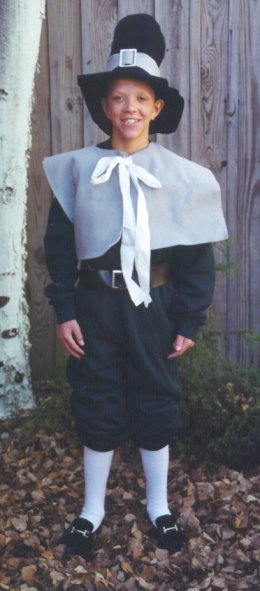Colonial America Puritans
 |
|
John Mason took a group of people from the Massachusetts Bay Colony to find more fertile farming land. The land in Massachusetts was too rocky. The Puritans who went with Mason thought they could worship more freely if they left the group as well. They settled in Portsmouth and found the New Hampshire Colony.
Two other men decided to leave the Massachusetts Bay Colony and begin colonies of their own. One was Roger Williams and the other was Thomas Hooker.
|
Roger Williams was a Puritan minister. He believed the church leaders should not be the colony leaders. Williams also believed the American Indians should be paid for the land they were taking. Puritan leaders wanted to send Williams back to England. Williams escaped them in 1636 and founded the Rhode Island Colony. He bought the land from the Native Americans. Everyone living in this colony was allowed to practice their own religion. Thomas Hooker was a minister. He left the Massachusetts Bay Colony with 35 families to form the Connecticut Colony. The families walked for two weeks before reaching the site which is now Hartford. The people wrote a plan for the government of their colony. This was the first written constitution in the New World. By 1636 four New England Colonies were established: Connecticut, Massachusetts, Rhode Island, and New Hampshire. The people living in the colonies made a living by fishing and building ships. They also carried on much of the slave trade. |
|
See this chart of the First Colonies.
See some activities you can do with this page.
Return to the Colonial America Index Page.
